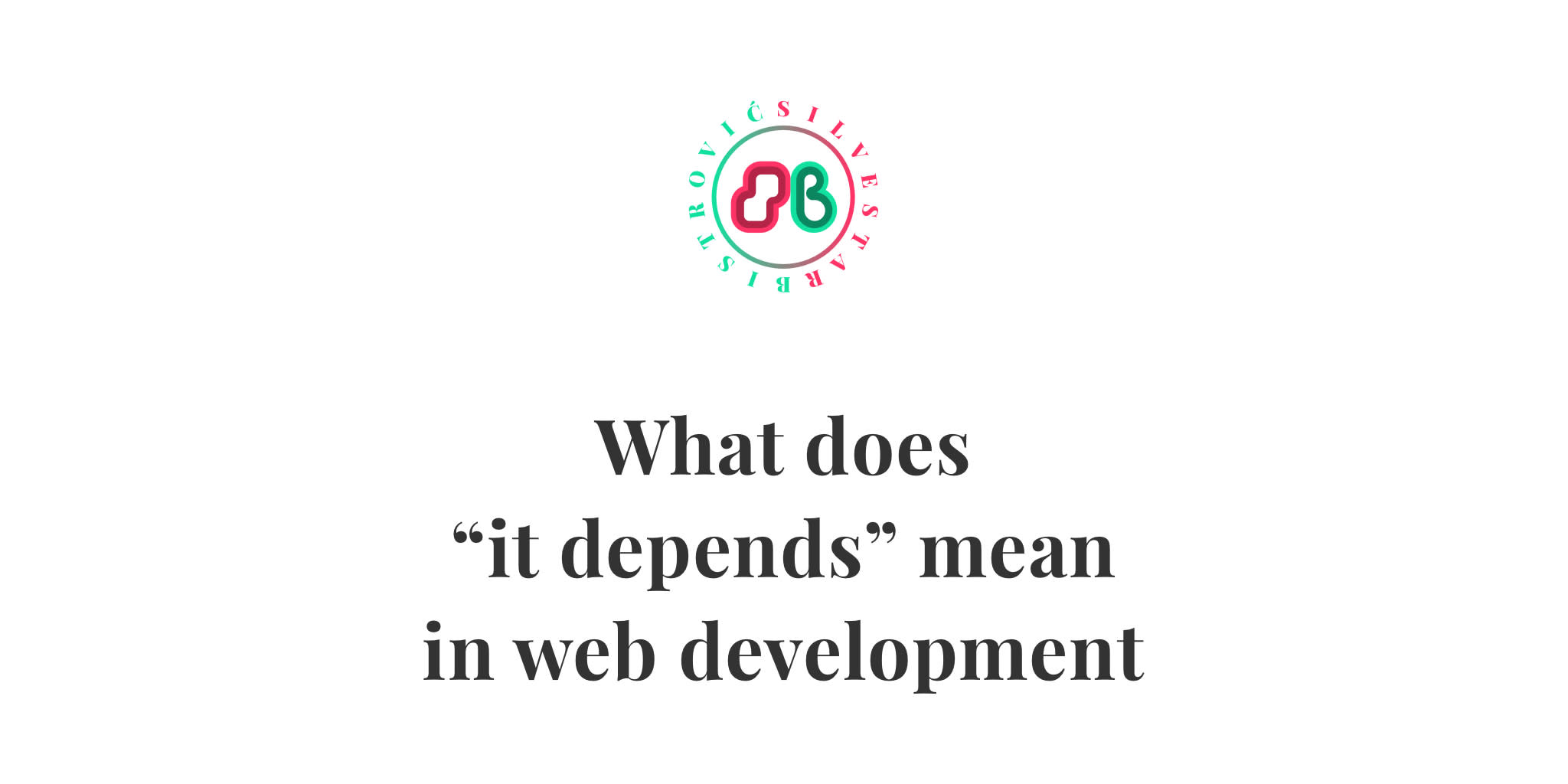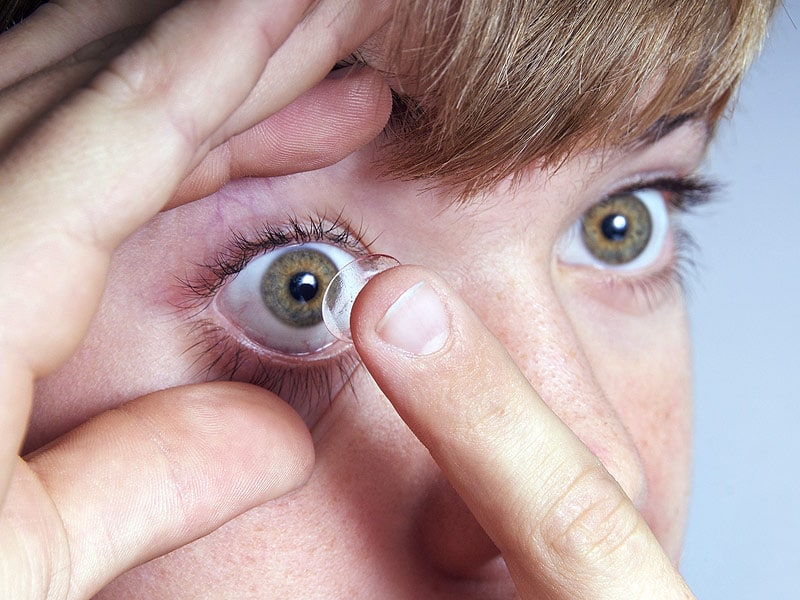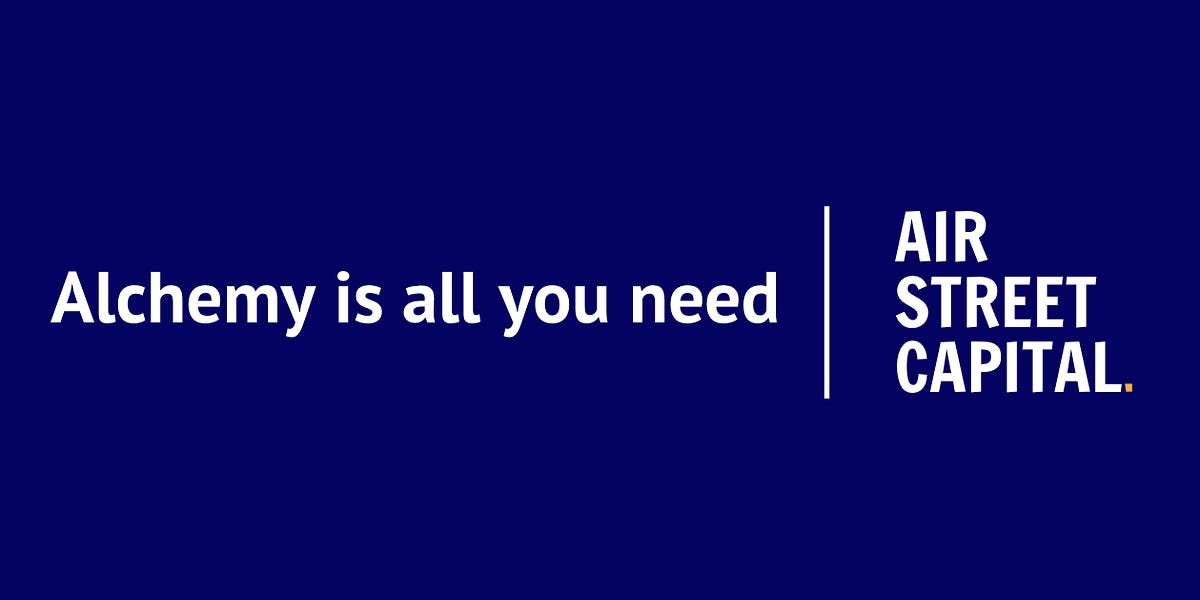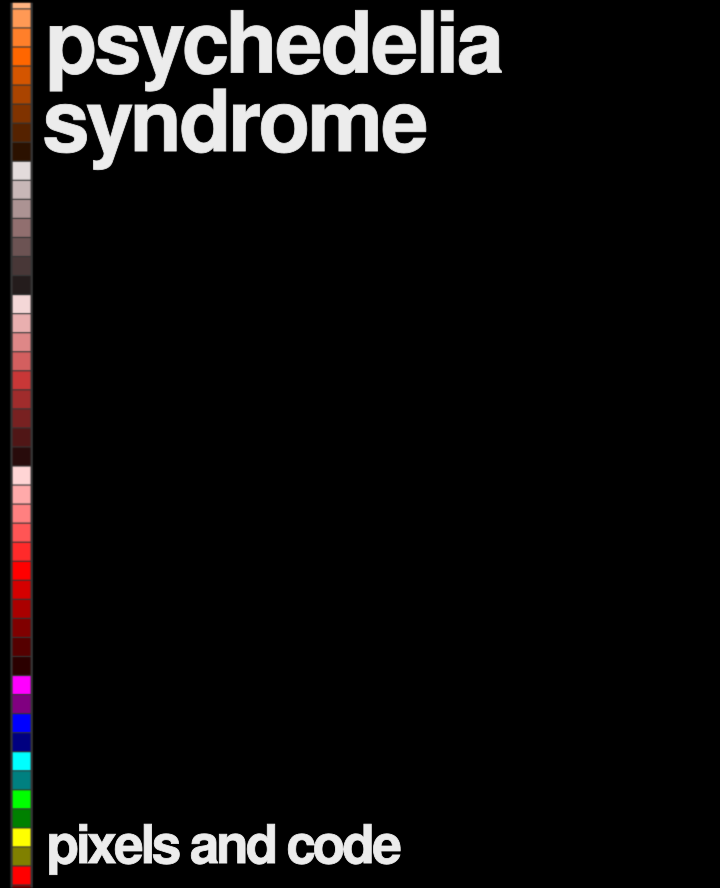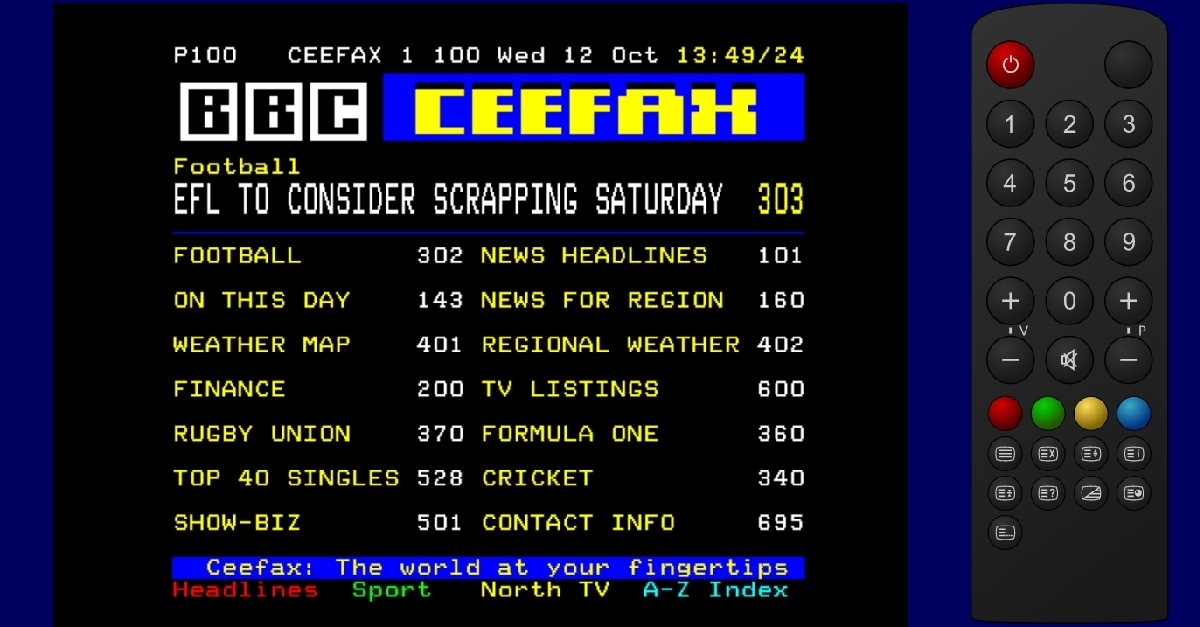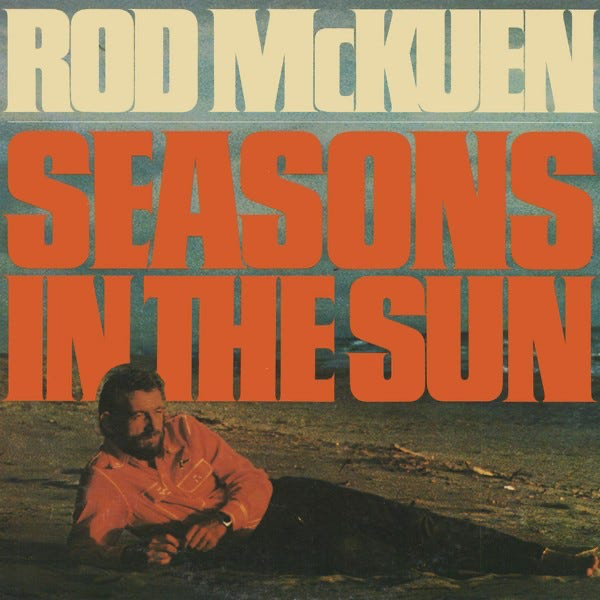
Why Is It OK to Be Mean to the Ugly?
A manager sits behind a table and decides he’s going to fire a woman because he doesn’t like her skin. If he fires her because her skin is brown, we call that racism and there is legal recourse. If he fires her because her skin is female, we call that sexism and there is legal recourse. If he fires her because her skin is pockmarked and he finds her unattractive, well, we don’t talk about that much and, in most places in America, there is no legal recourse.
This is puzzling. We live in a society that abhors discrimination on the basis of many traits. And yet one of the major forms of discrimination is lookism, prejudice against the unattractive. And this gets almost no attention and sparks little outrage. Why?
Studies show that most people consider an “attractive” face to have clean, symmetrical features. We find it easier to recognize and categorize these prototypical faces than we do irregular and “unattractive” ones. So we find it easier — from a brain processing perspective — to look at attractive people.
Attractive people thus start off with a slight physical advantage. But then people project all sorts of widely unrelated stereotypes onto them. In survey after survey, beautiful people are described as trustworthy, competent, friendly, likable and intelligent, while ugly people get the opposite labels. This is a version of the halo effect.
